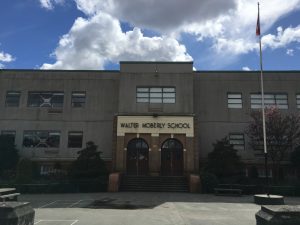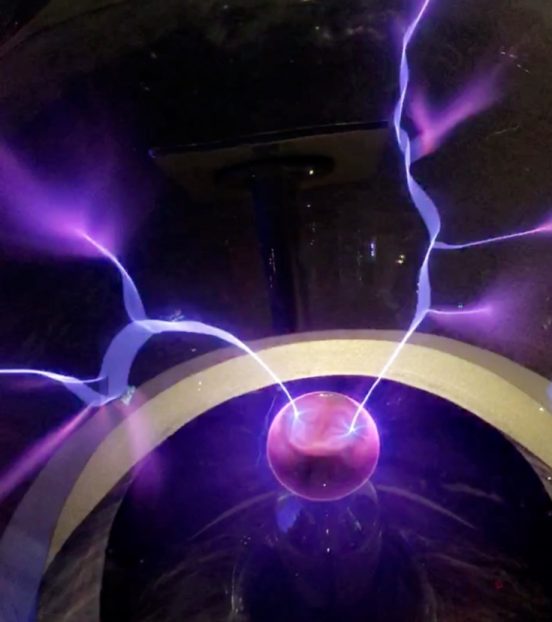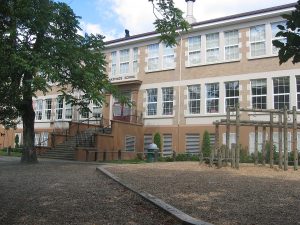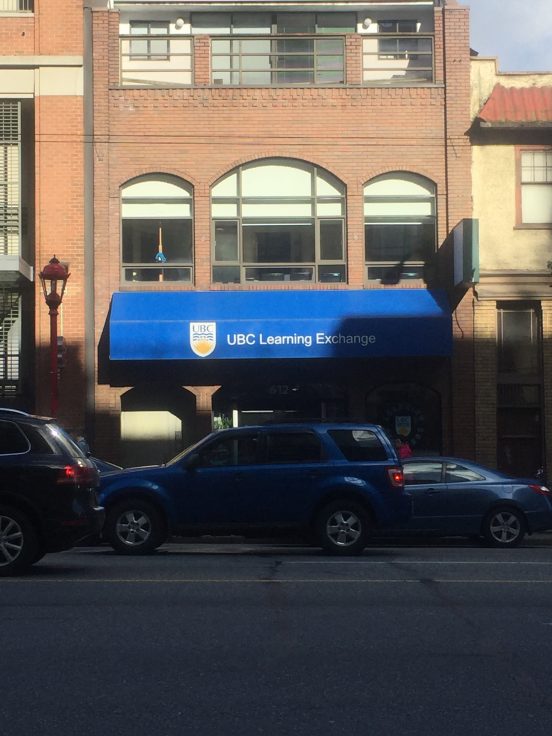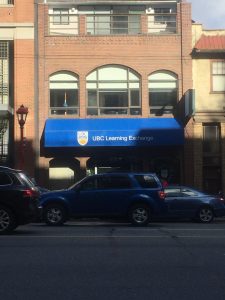As I bussed to the Downtown Eastside for my first day at Trek, my thoughts revolved around how my parents would murder me if they found out where I was going. I was comforted by knowing if they wanted to, they’d have to book a four hour plane flight from Toronto to Vancouver. Because I was a newcomer to the city, I didn’t know East Hastings was typically known as the ‘sketchy area’ until i mentioned it to a couple of my peers.
For my Sociology course in Global Citizens CAP, we had to choose between between Trek or discussion. I saw Trek as a way to step out of my comfort zone and most importantly, not do the discussion term paper. My placement was Crabtree Corner’s Saturday Program, where single mothers and their children could relax and chat with one another. I was excited to volunteer, but at the moment, that was dominated by fear.
I’m not the best at talking; in kindergarten, I was so shy my classmates and teachers mistook me as an ESL for almost the entire school year. Over time, I’ve gradually gotten better, but I couldn’t help the endless concerns. What if no one liked me? What if I messed up? How did socializing with a kid work? I socialized with my kid sister, but that was different because she was my sister and in her case, I did more tormenting.
My preconceived notions were also why I worried. I grew up in relatively well-off neighborhoods and my parents dictated I avoid places like East Hastings because they were unsafe and the people ‘bad’. Though I knew the latter was especially untrue and until proven wrong, I should assume everyone had the best intentions, I was nervous about how I should interact within my placement. As Crabtree Corner’s families faced socio-economic challenges I didn’t, I feared I’d unintentionally say something that’d offend or upset them.
In Sociology, we’ve learned about poverty and the countless visible and invisible factors which could contribute and cause them; yet, my mind constructed the idea poverty should look a certain way. When I met the families, I was surprised to see they looked like any normal family — well-dressed, polite, and smiling. It was a shock at how close-knit everyone, including the program coordinators and other volunteers were, and how warmly they welcomed me into their circle. No matter their culture, language, home country, or socio-economic status, they’ve all come together in one place to form a tight-knit family, one of choice. In this turbulent present where those variables could just as easily divide us, it is important to remember they are not everything and I’ve learned perhaps connecting regardless, is part of what it means to be Global Citizens– my stream’s namesake.
To future CAP students, I do recommend taking Trek. The time commitment might be off putting but it’s the time we commit to anything which gives it so much value. Trek is about helping others, but that help isn’t a one-way flow. Through Trek, I’ve learned about social issues first-hand and made connections along the way. It’s true we learn about these problems in a classroom setting, but there is a critical dissonance between knowing and actually experiencing. As a first year, I didn’t realize how lonely university could be at times. I like to think I cope well being alone, but it doesn’t mean I want to be alone all of the time. I think interaction and friendship is something we all crave and Trek was able to give me that, as well as invaluable life lessons.
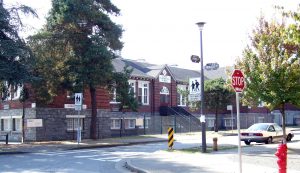
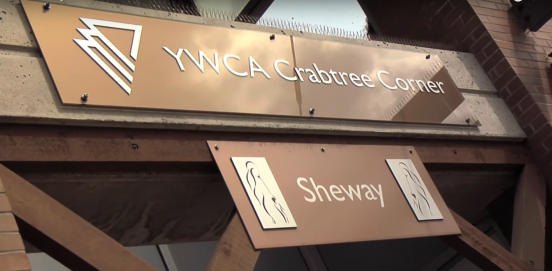
 The second one is that I realized that I do really good with children at that age. I have loved children and taking care of them too from when I was little. I didn’t think that I could handle multiple children because I have never worked like this until this program. However, after winter break, the children felt so comfortable with me being at the program and was happy to share their happy and sad moments with me. They would run to me when they had anything that they wanted to tell me and we would have a short catch-up moment at the start sometimes. Also, when a problem happened in the program, I was always the one calming and taking care of the sad or angry children. My coordinator trusted me that I would do everything well and resume what I need to do with that child when everything is OK, so he let me do anything that I felt necessary.
The second one is that I realized that I do really good with children at that age. I have loved children and taking care of them too from when I was little. I didn’t think that I could handle multiple children because I have never worked like this until this program. However, after winter break, the children felt so comfortable with me being at the program and was happy to share their happy and sad moments with me. They would run to me when they had anything that they wanted to tell me and we would have a short catch-up moment at the start sometimes. Also, when a problem happened in the program, I was always the one calming and taking care of the sad or angry children. My coordinator trusted me that I would do everything well and resume what I need to do with that child when everything is OK, so he let me do anything that I felt necessary.